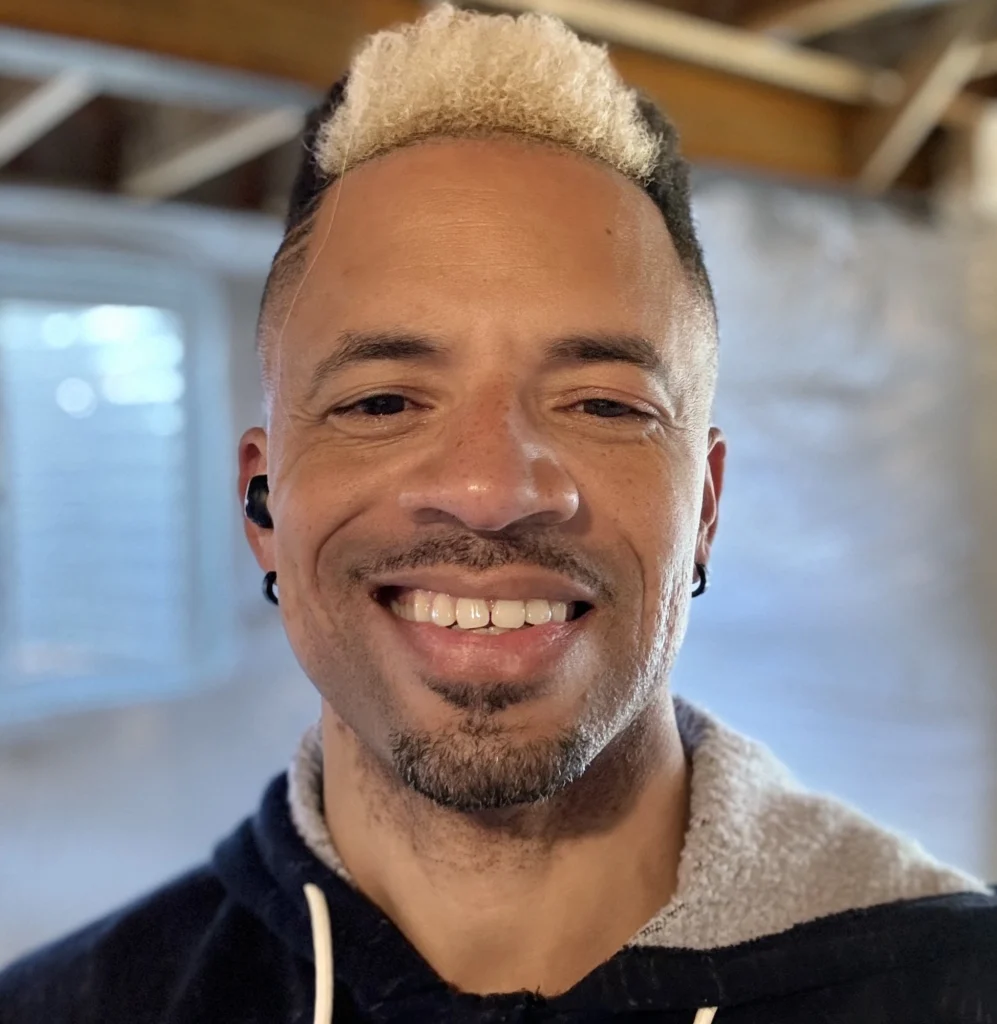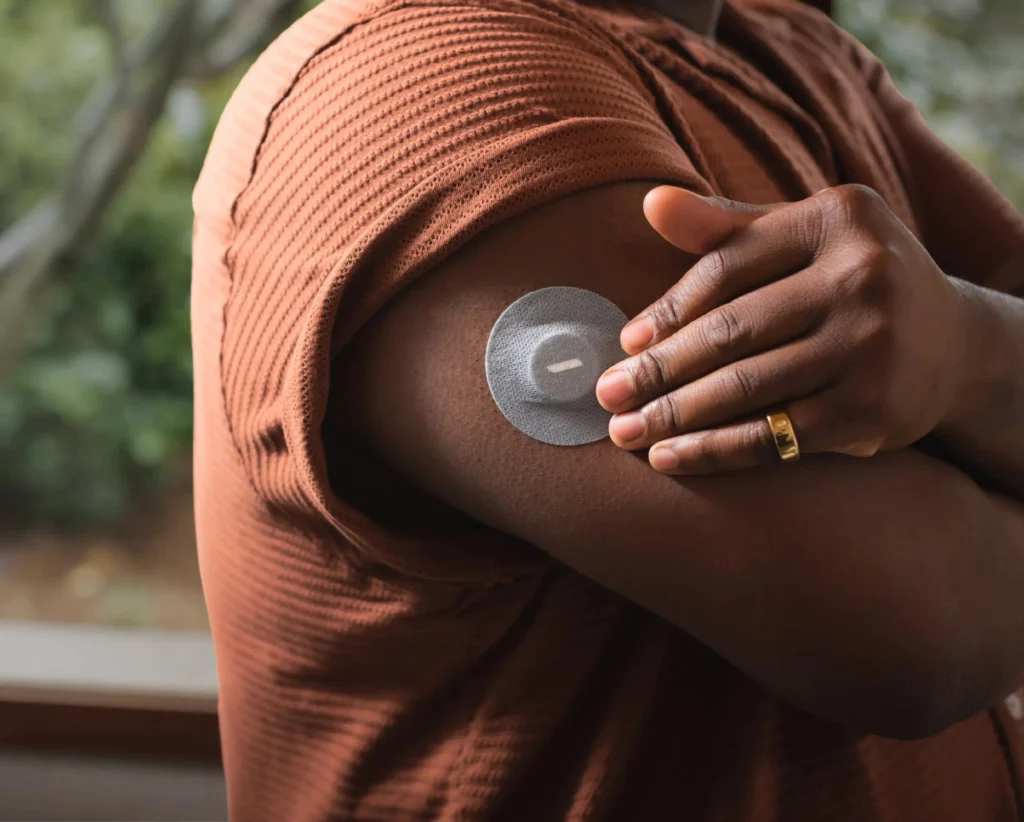
Darian Parker, PhD, discusses how personal trainers can make a meaningful impact through mentorship, relationship-building and self-care
Darian Parker, PhD, NSCA-CPT and owner of Parker Personal Trainer, is a testament to the integration of behavior modification principles and technological advancements. With a doctorate in sports education leadership emphasizing behavior modification, Parker has been at the forefront of marrying mental health awareness with physical fitness since 2001.
He anticipated the key role behavior modification was going to have on client outcomes, and his efforts in virtual training predate the pandemic, showcasing foresight in leveraging digital platforms for health and fitness.
Parker’s dedication to mentorship underscores the critical need for guidance and support, and the need to reduce attrition rates among personal trainers.
Athletech News spoke with Parker about advocating for a fitness industry that prioritizes meaningful impact over superficial allure; Parker also shares his advice on how to ensure a resilient and purposeful path.
This conversation has been lightly edited for clarity and length.
Athletech News: How has your academic background in behavior modification influenced your approach to personal training and wellness coaching?
Darian Parker: When I completed my doctorate in 2007, the emphasis on mental health and behavior modification wasn’t as pronounced as it is today; it was essentially uncharted territory. However, my experience working with clients highlighted the importance of understanding their thought processes, philosophies and perceptions of relationships, self-image and fitness aspirations.
This realization drove me to leverage my education in behavior modification, employing talk therapy and validation as tools not only for client transformation but also to build lasting, meaningful relationships. This approach, I believed, would ensure long-term career stability in a field I was passionate about.
Fast forward to the present, and the significance of behavior modification has exceeded my expectations. It has become a cornerstone for fitness professionals, offering a distinct advantage to those skilled in applying its principles to foster mental well-being alongside physical fitness.

ATN: How has the fitness and wellness industry evolved, especially with the integration of technology, and where do you see it heading in the next decade?
DP: The introduction of the iPhone in 2007 and the earlier creation of the World Wide Web have been pivotal, accelerating the adoption of smartphones and reshaping human interaction and connectivity. These developments catalyzed the diversification of fitness and wellness solutions, expanding beyond traditional brick-and-mortar establishments.
This era, especially around 2004 to 2007, was crucial for health and fitness, marking the beginning of a broader accessibility to wellness services. The pandemic in 2020 further pushed the industry towards online services, fostering a hybrid model of in-person and digital offerings.
Looking ahead, I envision a future where digital and physical fitness experiences become increasingly integrated, potentially to the point of being indistinguishable. Advances in holographic and video conferencing technologies, alongside the integration of AI and augmented reality, suggest a trajectory towards more immersive and inclusive fitness experiences.
The expansion of diet and biometrics personalization through technology is undeniable. Many people already utilize devices that monitor various health metrics, and I foresee a future where this extends beyond wearable tech to include internal monitoring and smart home integrations.

ATN: You’re an advocate for mentorship. Can you share a memorable experience you’ve had, either as a mentor or mentee, and how it shaped your career or approach to fitness?
DP: Mentorship has been a pivotal aspect of my journey, shaping both my personal and professional development. My experiences, particularly with Dr. Challace McMillin at James Madison University, underscore the profound impact that genuine guidance and support can have.
Dr. McMillan went beyond academic advising; he infused positivity, stayed in touch for decades, and offered holistic support that covered not just career challenges but life itself. His approach demonstrated that mentorship transcends technical knowledge—it’s about fostering growth, resilience and well-being in a comprehensive manner.
This experience has motivated me to prioritize mentorship in my career, aiming to replicate the same level of support and encouragement for others. However, a significant gap remains in the fitness industry: the lack of formalized mentorship programs. While internships provide job-specific orientation, they fall short of offering sustained, personal guidance that can make a difference in someone’s career and life.
The statistics are telling; with a high attrition rate among personal trainers and fitness professionals, it’s clear that a supportive mentorship structure could help retain talented individuals. Envisioning a future where mentorship is integral to the fitness profession, I advocate — and am working on — systems that pair newcomers with seasoned mentors.
ATN: What leadership qualities do you believe are essential for success, and how do you cultivate them in yourself and others?
DP: Leadership is not a one-size-fits-all skill; it’s multifaceted, with layers that Gallup’s research into leadership behaviors outlines brilliantly. There’s transcendent leadership – those who effortlessly rally their team, embodying the very essence of the organization’s ethos. This type of leader, perhaps one in ten, is the kind that people are naturally drawn to.
Then you’ve got the solid middle managers, the ones who might not light up a room but get things done efficiently and are respected for it. They run tight ships but may lack that spark that makes someone truly inspirational.
To me, effective leadership comes down to being an excellent follower, too. It’s about humility, seeking advice, leaning on others’ expertise, and seeing yourself as a part of the ecosystem, not above it.
ATN: What advice would you give to individuals aspiring to make a significant impact in the fitness and wellness industry?
DP: Reflect on your motivations and aspirations. Begin by asking yourself the fundamental question of why you are drawn to this field. It’s crucial to distinguish between a superficial attraction to the lifestyle and a deeper, altruistic drive to improve the lives of others. This introspection will guide your career path and ensure your efforts align with a meaningful purpose.
Personal development and self-care are paramount. The fitness and wellness industry demands a lot from its professionals, not just in terms of physical exertion but also emotional and mental energy. Developing a robust self-care plan before entering the field and maintaining it throughout your career is crucial. This approach ensures that you can serve your clients effectively without compromising your own well-being.
